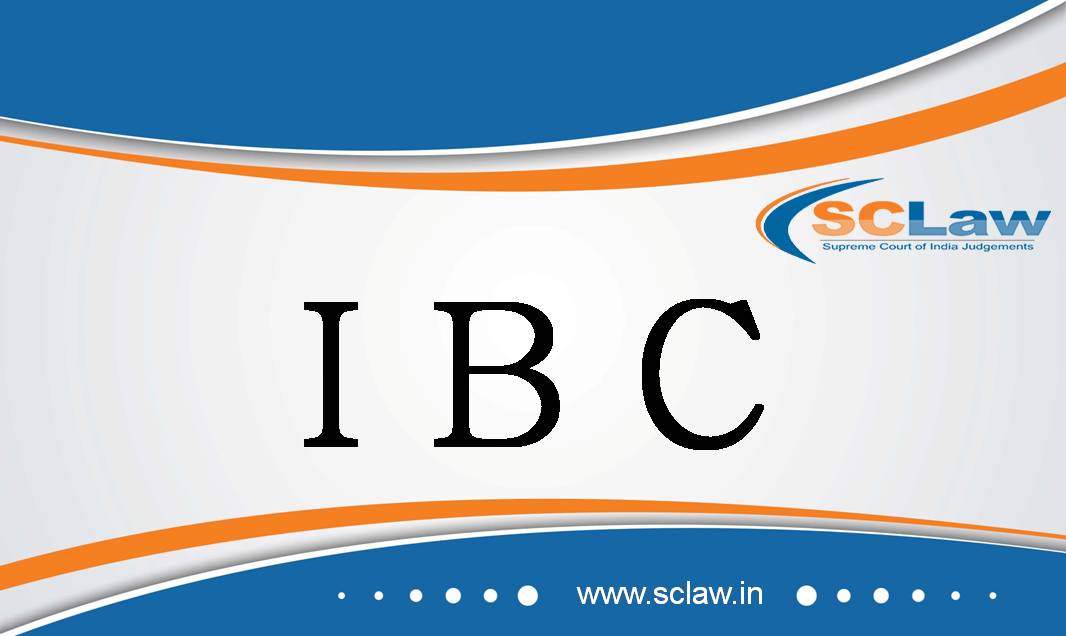Limitation Act, 1963 — Article 54 — Suit for specific performance — Commencement of limitation period — Where the defendant subsequently executed an affidavit ratifying the agreement to sell and conveying no-objection to the transfer, the period of limitation commences from the date of the admitted affidavit, as this is the stage at which the executant finally refused to execute the sale deed to the extent of her share — Trial court and High Court erred in dismissing the suit on the ground of limitation calculated from an earlier disputed date. (Paras 13, 35, 36, 37)
2026 INSC 35 SUPREME COURT OF INDIA DIVISION BENCH MUSLIMVEETIL CHALAKKAL AHAMMED HAJI Vs. SAKEENA BEEVI ( Before : Vikram Nath and Sandeep Mehta, JJ. ) Civil Appeal No(S). 3894…




